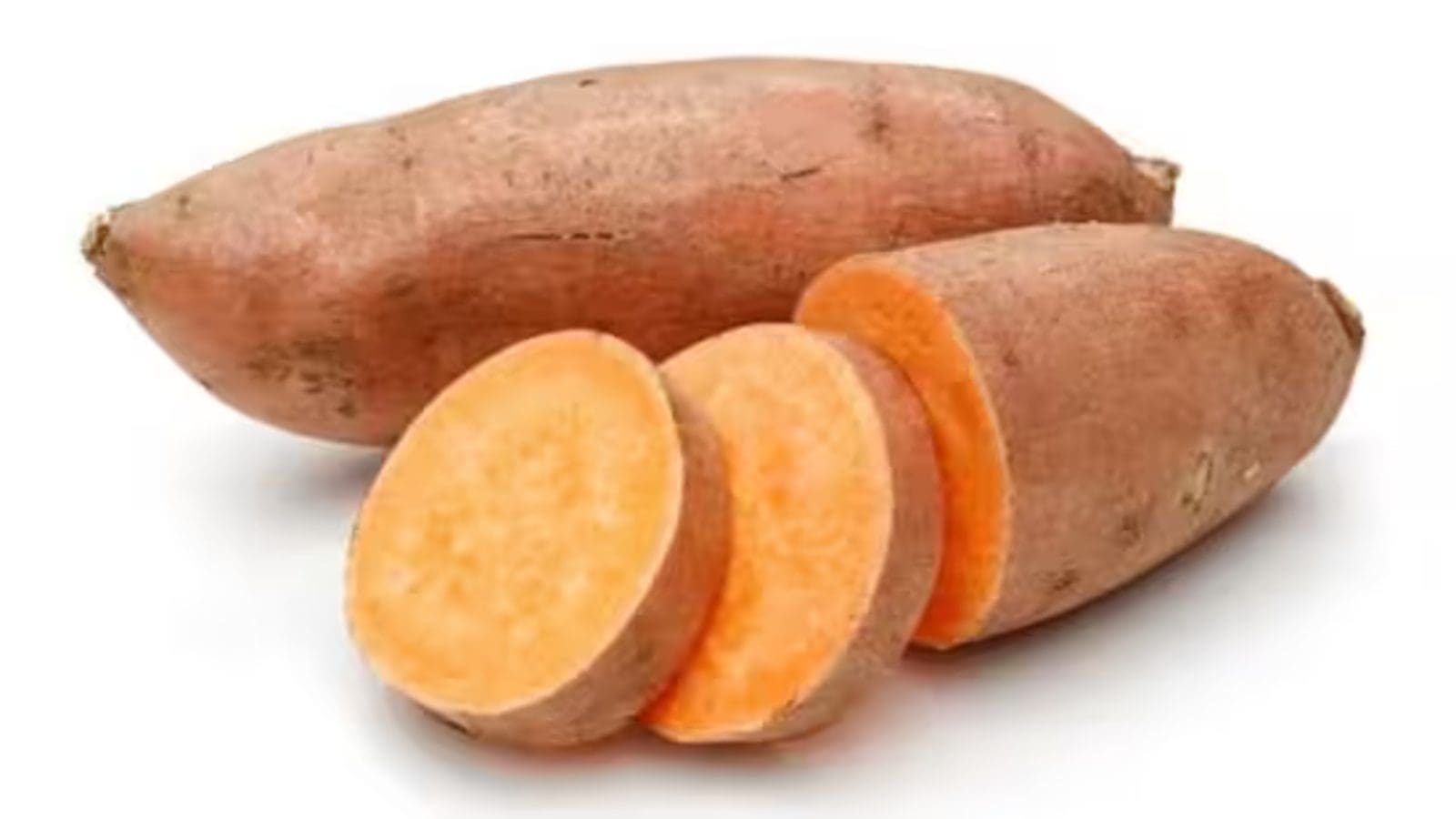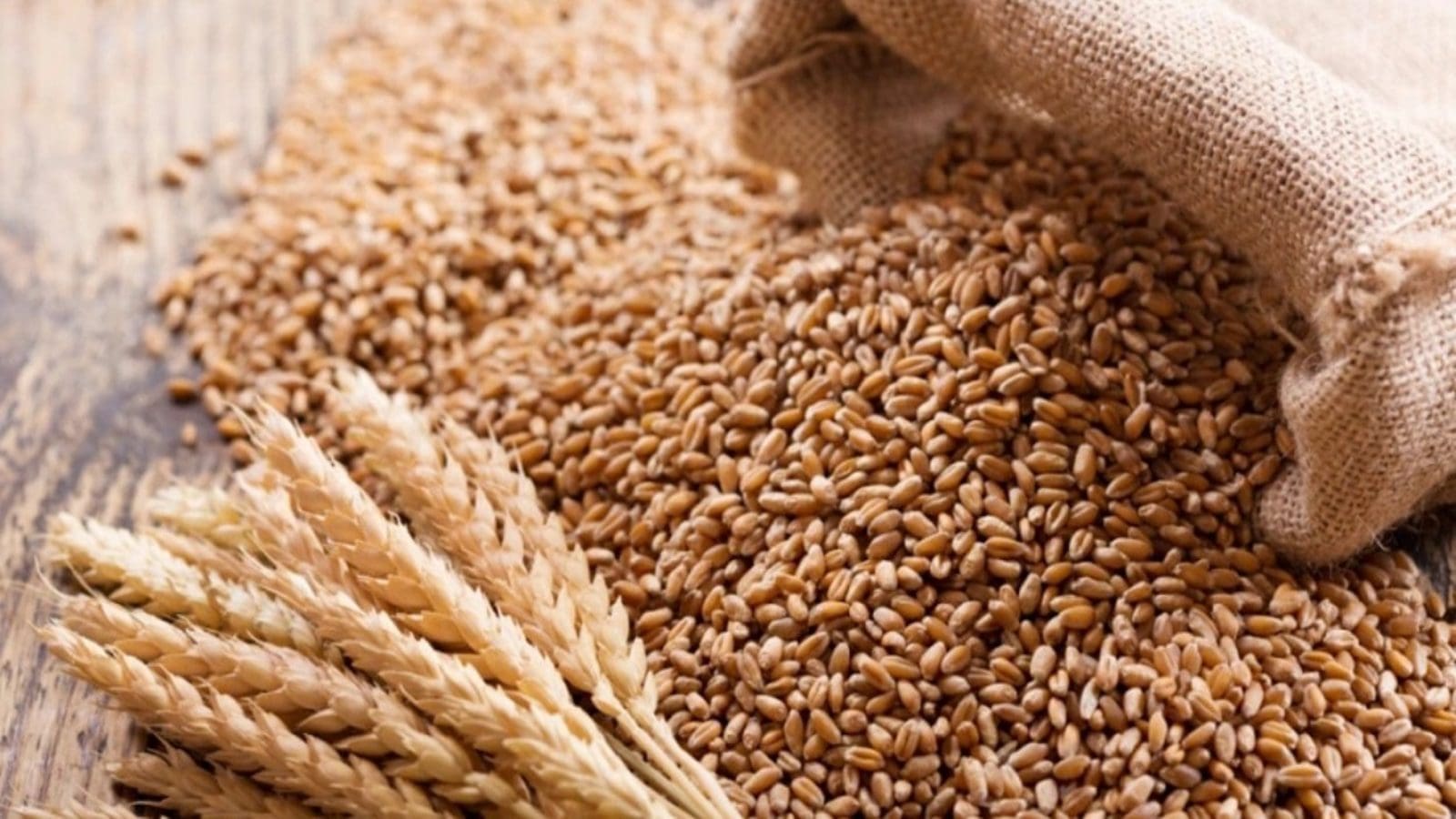USA – Scientists from the American Chemical Society have developed a new method for making a more healthful, gluten-free flour made from sweet potatoes, in a bid to explore different options for gluten-free baked food solutions.
The study, published in ACS Food Science & Technology aimed to evaluate the effect of drying temperature and grinding pattern on the physicochemical, hydration, thermal, and pasting properties of orange sweet potato flour (OSPF) and to define its potential application in functional food products.
The results indicated that regardless of drying temperature, grinding once damaged just enough of the starch to make it ideal for fermented products, such as gluten-free bread.
Whereas, grinding twice further disrupted the starch’s crystallinity, producing thickening agents perfect for porridges or sauces.
The results further indicated that when baked into a loaf of bread, the high-temperature-dried, single-ground sample featured higher antioxidant capacity than both the store-bought version and the wheat flour.
The study is timely as the demand for gluten-free flour market has skyrocketed, opening windows for the development of flour from banana peels, almonds, and various grains.
According to Future Market Insight, the global gluten-free flours market is expected to grow at a CAGR of 3.8% rate, rising from US$6.173 billion in 2022 to US$ 8.963 billion in 2032.
Therefore, researchers at ACS are optimistic that sweet potato-based flour may completely change the game.
Not only does it bring a welcoming sweetness, but its nutritional profile is one to boast about exhibiting gut-loving fiber and an abundance of antioxidants.
Best practices for processing the flour
However, one barrier to widespread sweet potato flour production is figuring out how to implement best practices for processing it.
Led by Ofelia Rouzaud-Sández, the team of researchers sought to establish best practices for processing the flour before it can become a common ingredient in store-bought baked goods.
To create their flours, Sández, and her team prepared samples of orange sweet potatoes (Ipomoea batatas) dried at either 55C or 80C then ground them once or twice before being compared to store-bought sweet potato flour and traditional wheat flour.
The researchers said the findings could help expand the applications for orange sweet potato flour, both for home cooks and the packaged food industry.
In addition, they recommended that if the technique were refined and commercialized, sweet potatoes could be used in more applications, including bakery applications.
For all the latest food industry news from Africa and the World, subscribe to our NEWSLETTER, follow us on Twitter and LinkedIn, like us on Facebook and subscribe to our YouTube channel










